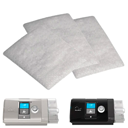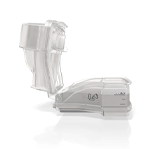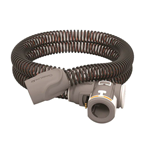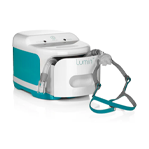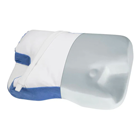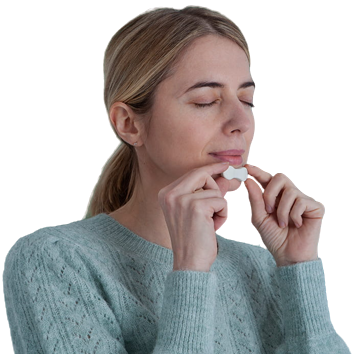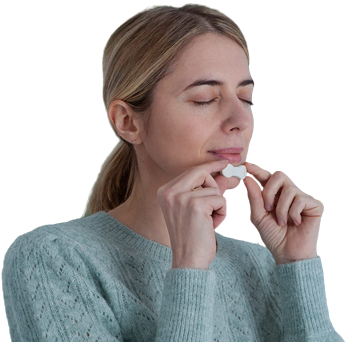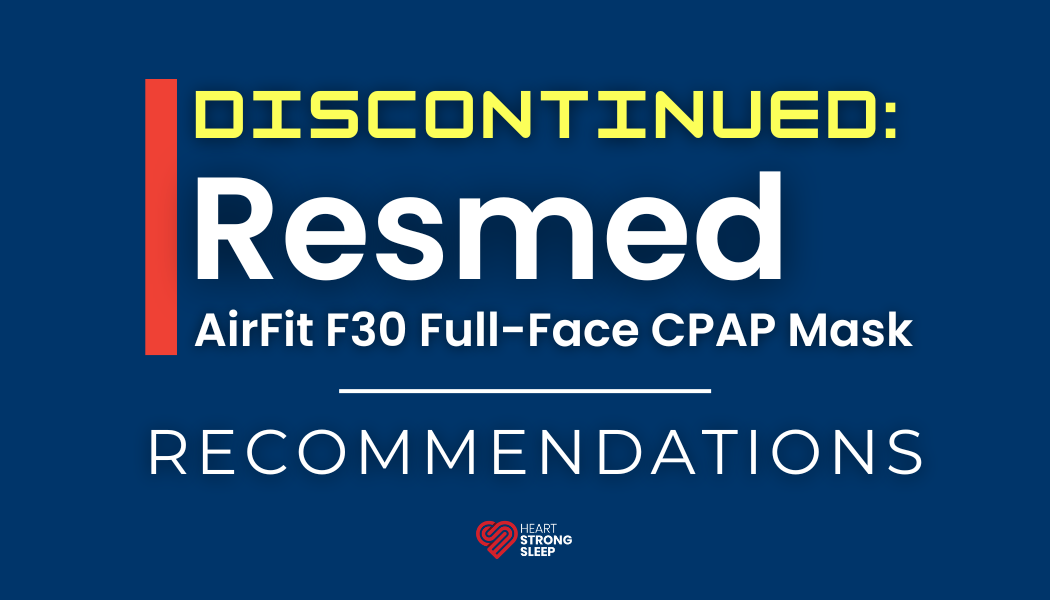Sleep Apnea Accelerates Aging, Treatment May Reverse It
Researchers found just one year of CPAP treatment slows age acceleration.
Date: March 9, 2022
Source: University of Missouri-Columbia
Summary: Obstructive sleep apnea (OSA) affects 22 million people in the U.S. and is linked to a higher risk of hypertension, heart attacks, stroke, diabetes and many other chronic conditions. But now researchers have found that untreated OSA also accelerates the biological aging process and that appropriate treatment can slow or possibly reverse the trend.
FULL STORY
Obstructive sleep apnea (OSA) affects 22 million people in the U.S. and is linked to a higher risk of hypertension, heart attacks, stroke, diabetes and many other chronic conditions. But now researchers from the University of Missouri School of Medicine have found that untreated OSA also accelerates the biological aging process and that appropriate treatment can slow or possibly reverse the trend.
Age acceleration testing involves a blood test that analyzes DNA and uses an algorithm to measure a person's biological age. The phenomenon of a person's biological age surpassing their chronological age is called "epigenetic age acceleration," and is linked to overall mortality and to chronic diseases.
"Age acceleration isn't unique to OSA -- it can be caused by a variety of environmental factors like smoking, poor diet or pollution," said Rene Cortese, PhD, assistant professor in the Department of Child Health and the Department of Obstetrics, Gynecology and Women's Health. "In Western culture, it's not uncommon for people to experience epigenetic age acceleration, but we wanted to know how OSA affects systemic age acceleration compared to those who don't suffer from this condition."
Cortese's team studied 16 adult nonsmokers who were diagnosed with OSA and compared them to eight control subjects without the condition to assess the impact of OSA on epigenetic age acceleration over a one-year period. After a baseline blood test, the OSA group received continuous positive airway pressure (CPAP) treatment for one year before being tested again.
"Our results found that OSA-induced sleep disruptions and lower oxygen levels during sleep promoted faster biological age acceleration compared to the control group," Cortese said. "However, the OSA patients who adhered to CPAP showed a deceleration of the epigenetic age, while the age acceleration trends did not change for the control group. Our results suggest that biological age acceleration is at least partially reversible when effective treatment of OSA is implemented."
Cortese said the key to CPAP's success in slowing age acceleration is strong adherence to using the device for at least four hours per night. It's not clear how age acceleration will affect clinical outcomes and how it applies to other risk groups or children with OSA.
"Since children with OSA are treated differently from adults, this research raises a lot of questions," Cortese said. "We need to learn more about the mechanisms and the biology behind these findings. It's very exciting and thought-provoking research."
In addition to Cortese, the study authors include MU colleagues Leila Kheirandish-Gozal, MD, director of the Child Health Research Institute; and David Gozal, MD, the Marie M. and Harry L. Smith Endowed Chair of Child Health.
This work was partially supported by grants from the National Institutes of Health, Tier 2 and TRIUMPH grants from the University of Missouri, and a Leda J. Sears Charitable Trust grant.
Story Source: Materials provided by University of Missouri-Columbia. Note: Content may be edited for style and length.
Content Source: https://www.sciencedaily.com/releases/2022/03/220309131834.htm
--------------------
-
Oxidative Stress: Sleep apnea can lead to oxidative stress, which is a cellular imbalance caused by an excess of free radicals. Free radicals are unstable molecules that can damage DNA and other cellular components. Oxidative stress is thought to play a role in the aging process.
-
Inflammation: Sleep apnea can also lead to inflammation, which is another factor that is thought to contribute to age acceleration. Inflammation can damage cells and tissues, and it can also lead to the production of harmful substances that can accelerate aging.
-
Hormonal Imbalances: Sleep apnea can also disrupt the production of hormones, such as growth hormone and testosterone. These hormones play a role in regulating cell growth and repair. Disruptions in these hormones can contribute to age acceleration.
-
Increased Risk of Chronic Diseases: Sleep apnea is associated with a number of chronic diseases, such as heart disease, stroke, diabetes, and dementia. These diseases are all risk factors for age acceleration.
- Sleep Deprivation: Sleep deprivation is a common symptom of sleep apnea. Sleep deprivation can lead to a number of health problems, including cognitive impairment, mood swings, and difficulty concentrating. These problems can make it difficult to maintain a healthy lifestyle and manage stress, which can both contribute to age acceleration.
In addition to these five ways, sleep apnea may also contribute to age acceleration through other mechanisms, such as epigenetic changes and DNA damage. However, more research is needed to understand these mechanisms fully.
It is important to note that sleep apnea is a treatable condition. Getting treatment for sleep apnea can help to improve your sleep quality, reduce your risk of chronic diseases, and slow down age acceleration. If you think you may have sleep apnea, talk to your doctor.

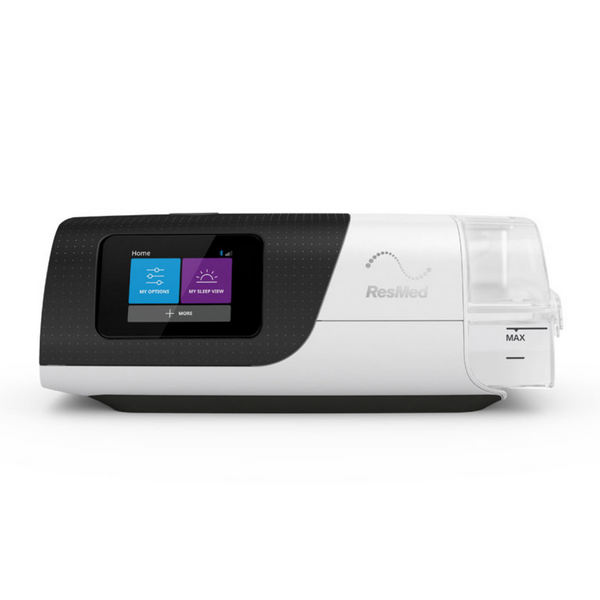
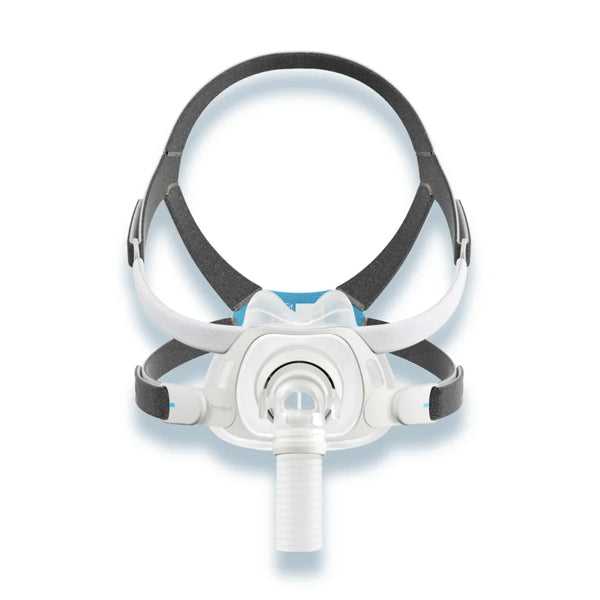
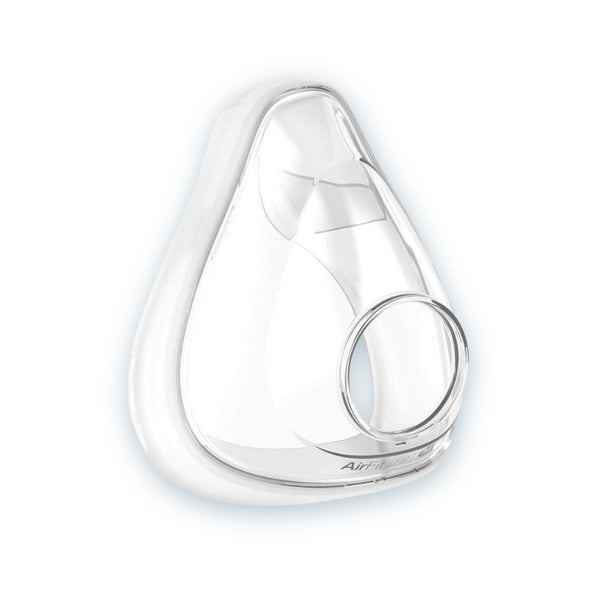
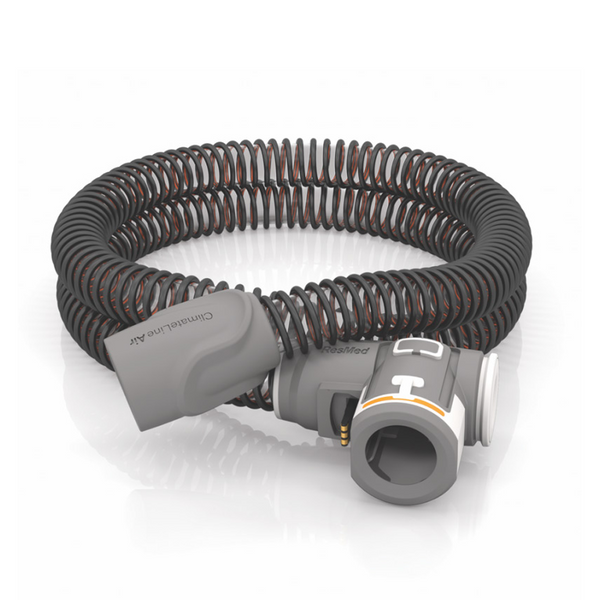


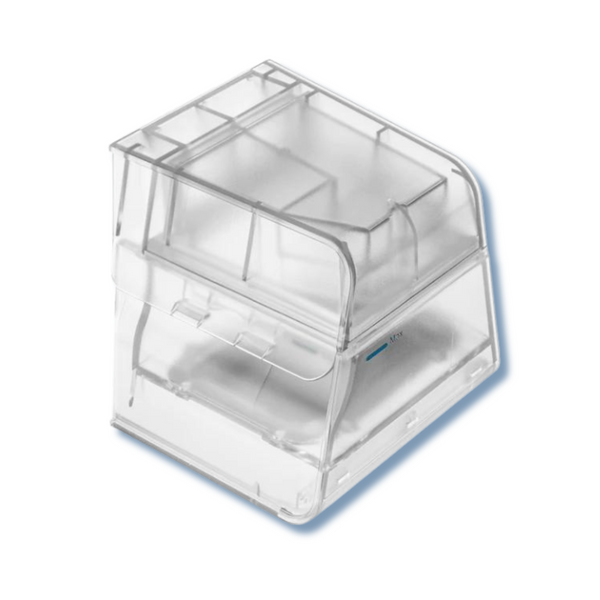

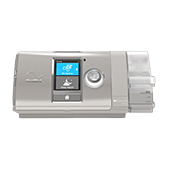
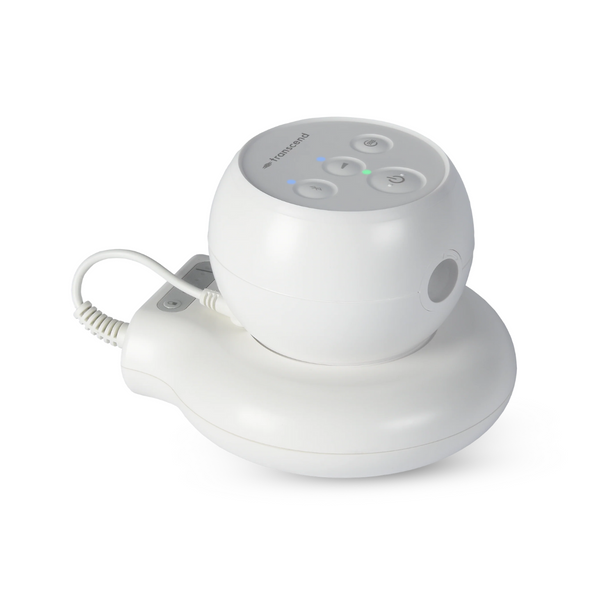

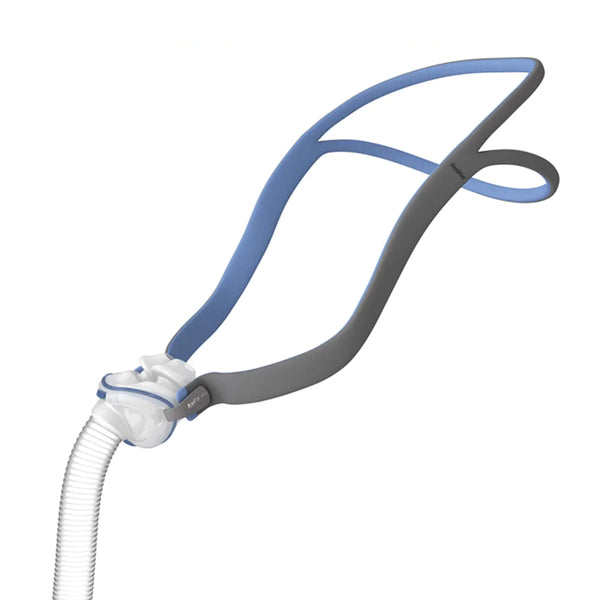
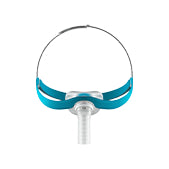
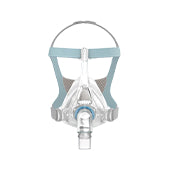
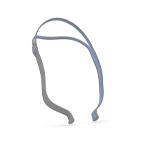
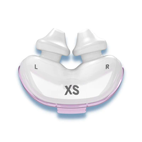
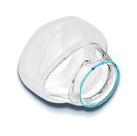
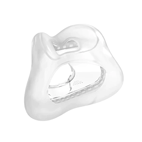
![[subscription]](http://heartstrongsleep.com/cdn/shop/files/Group_30_6a2ee5b7-7d1a-49f1-855d-428a7cb5358f.png?v=1733846466&width=600)
